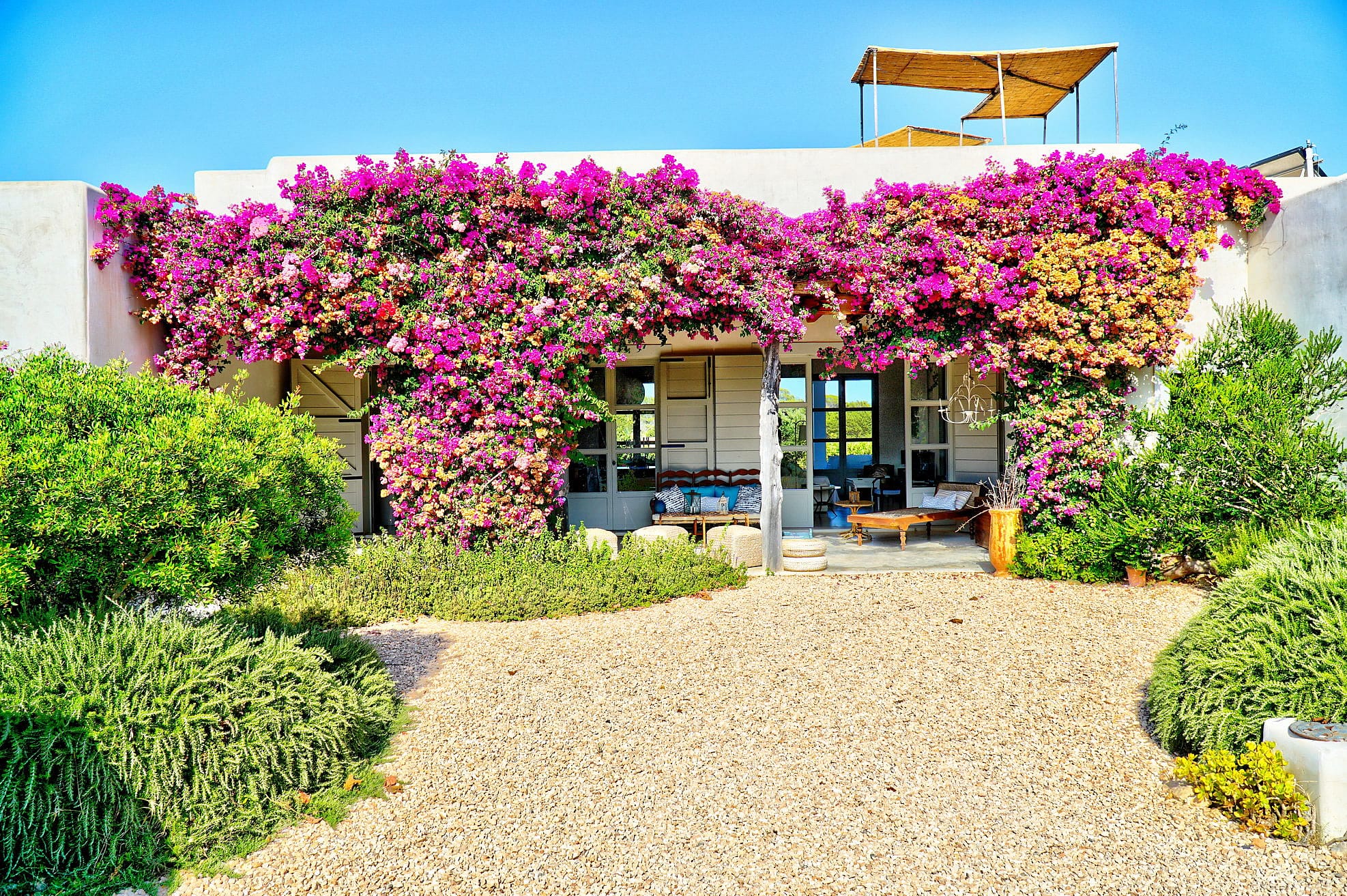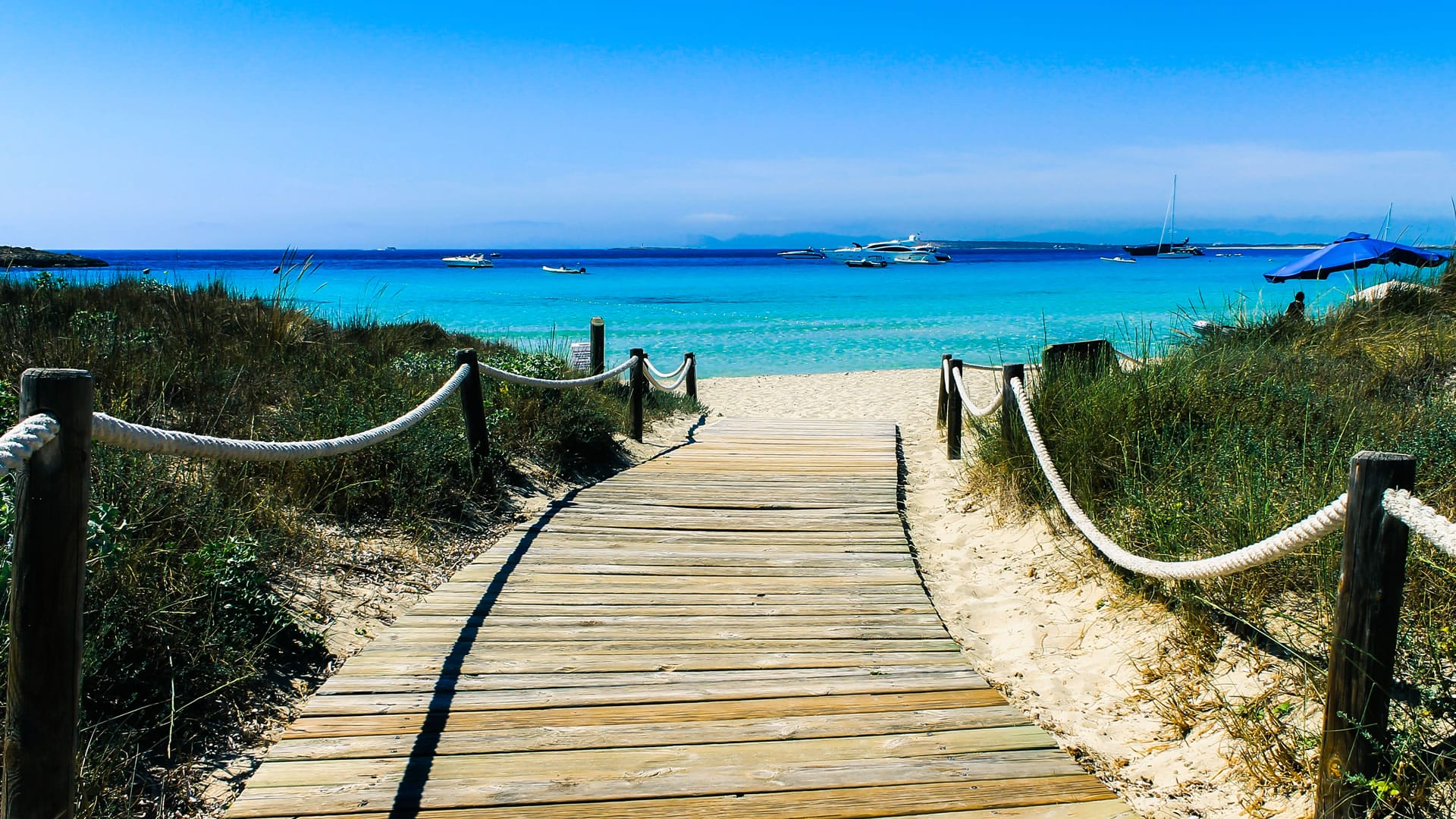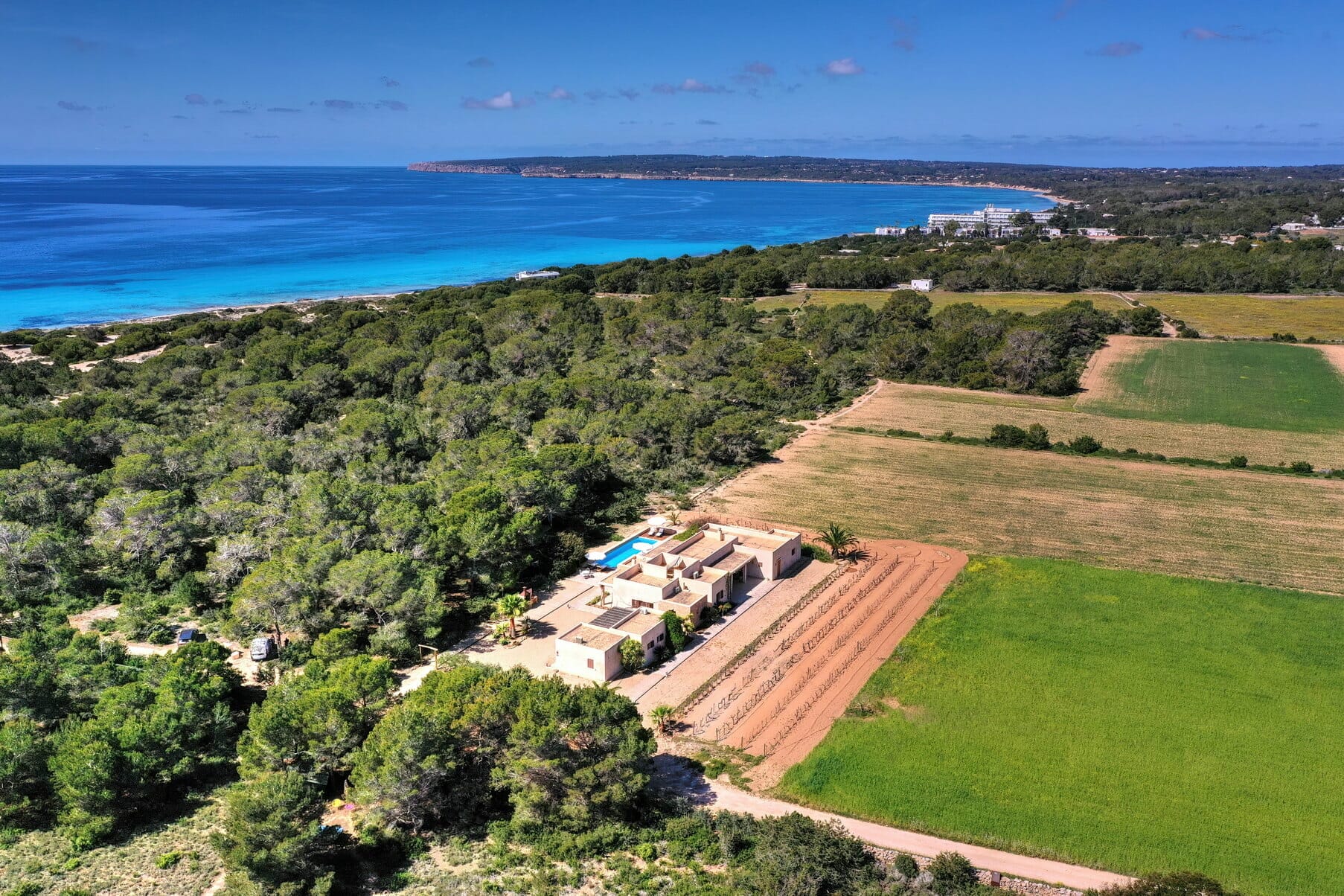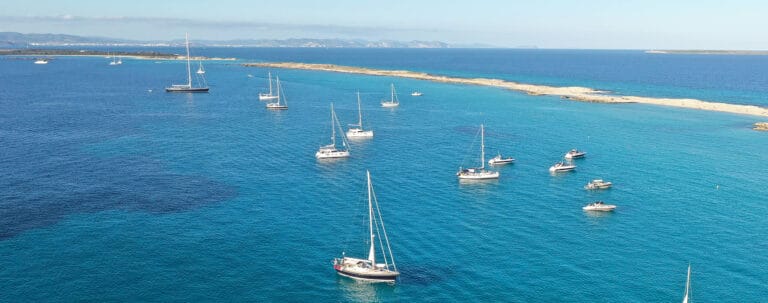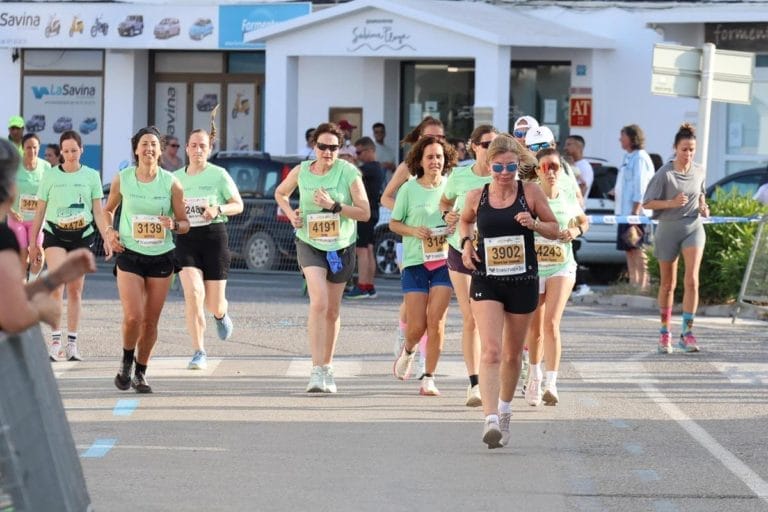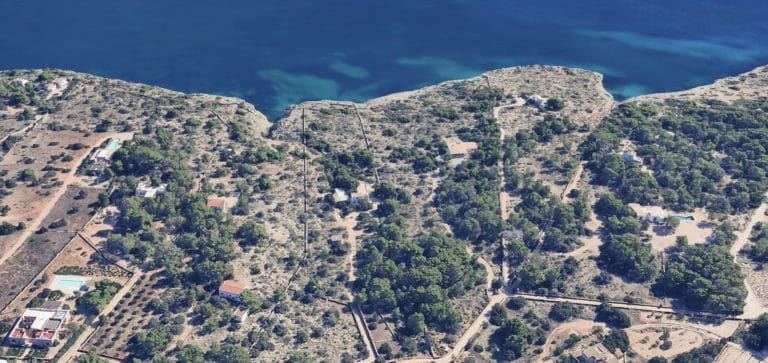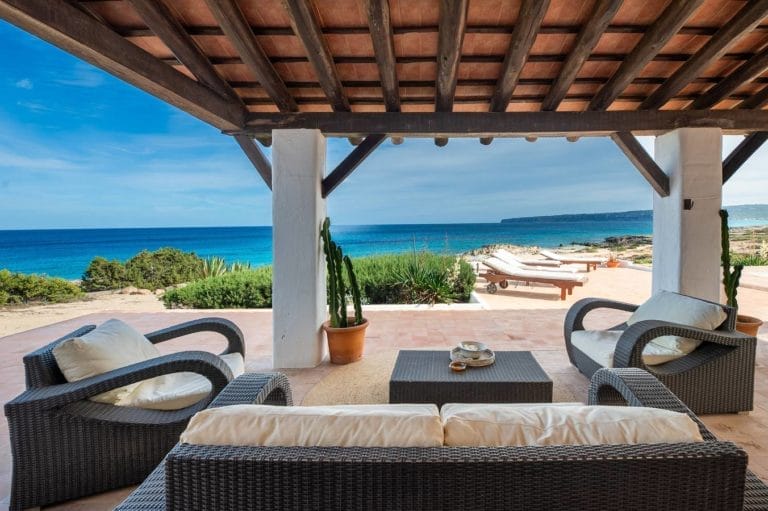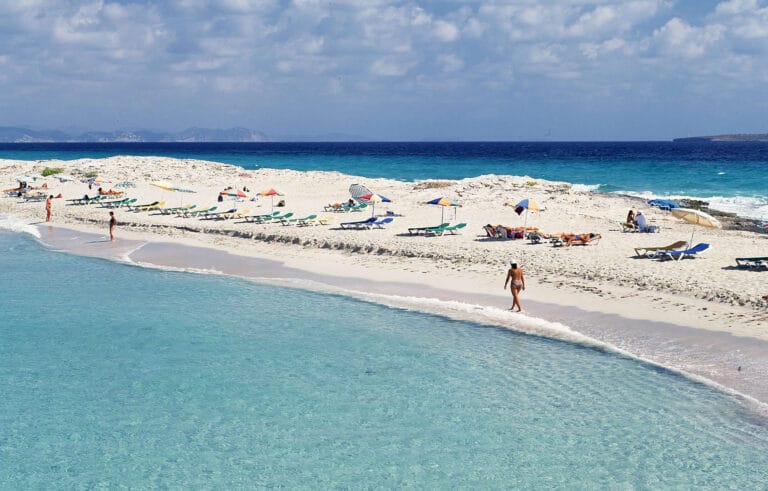A Guide for Foreigners Who Want to Buy a Villa in Formentera (2025)
Formentera is a great place to visit all year round. It is a peaceful place with nature and Mediterranean style where time seems to stand still. More and more people from other countries are choosing the island to buy a villa each year. They may want it as a second home, a place to relax, or a long-term investment.
This guide gives people who live outside of Spain a clear and useful look at how to buy something in Formentera.
1. Why put money into Formentera?
Formentera has a stable real estate market, beautiful nature, and a sense of exclusivity. Because the island has strict rules about protecting the environment, there isn’t much land that can be built on. This is one reason why property values stay high and stable over time.
Villas here offer privacy, open views, and a connection to nature, which makes them a good investment both emotionally and financially.
2. Who Can Buy Real Estate in Spain
Anyone from another country can buy property in Formentera, whether they live there or not.
Citizens of the EU can buy freely.
Citizens of countries outside the EU can also buy property, but they need to get an NIE (Número de Identificación de Extranjero), which is a foreign identification number that is needed for any official or financial transaction in Spain.
3. Steps to Buy in Formentera Legally
Get the NIE—this is the first thing you need to do.
Open a bank account in Spain to pay bills, taxes, and other ongoing costs.
Sign a “reservation” or “arras” contract. A pre-agreement that protects the property and sets the terms of the sale.
Do your homework: A lawyer looks over the property’s legal and technical status, such as its licenses, deeds, and cadastral information.
The last step to make ownership official is to sign in front of a notary and register the property.
💡 Local tip: Formentera has rules about rural land that you should know about. Always hire a local agency and lawyer who knows the island’s planning laws.
4. Costs and Taxes
Along with the price, buyers should also think about:
ITP, or Property Transfer Tax, is 6–10% for properties that are being sold again.
10% VAT (IVA) for new buildings.
Fees for notary and registration: about 1%.
Fees for lawyers and agencies are usually between 1% and 3%.
The annual property tax (IBI) varies by municipality.
As a general rule, set aside an extra 10–13% of the purchase price to cover all costs.
5. Money and Loans
Spanish banks will give mortgages to people who don’t live in Spain. They usually cover 60–70% of the appraised value.
To get the best exchange rates and keep bank fees low, it’s best to work with a mortgage broker and plan international transfers ahead of time.
6. The Most Popular Places for Foreign Buyers
Each part of Formentera has its own special charm:
Migjorn is great for villas in nature because it has privacy, sea views, and sunsets that last forever.
Cala Saona: private and with a great view, perfect for high-end villas.
Sant Francesc is the heart of the island. It has a bohemian feel and is easy to get to.
Es Pujols is a lively and convenient place to stay if you want to be close to the beach and restaurants.
7. The End
Buying a villa in Formentera is not just an investment in real estate; it’s also a way of life. With the right help and knowledge of the area, the process can be clear, safe, and very rewarding.
👉 At Your Formentera, we help our clients with every step of the buying process. We give them personalised advice, keep their information private, and show them a carefully chosen selection of the best villas on the island.


